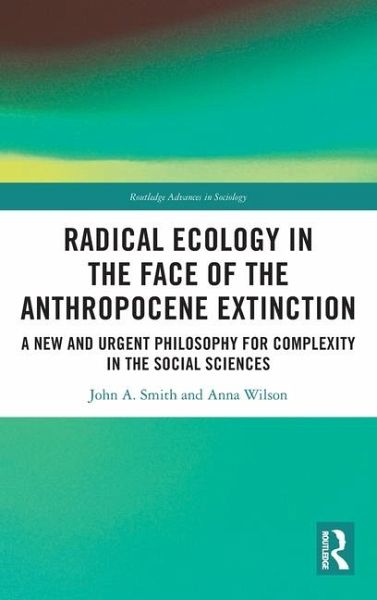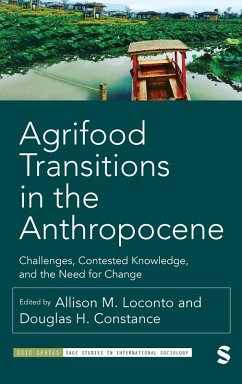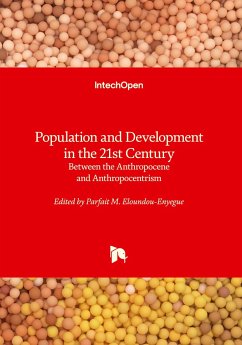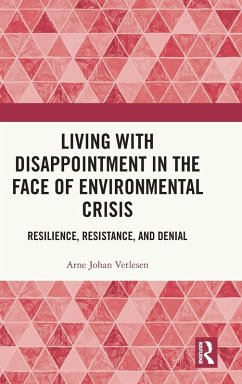
Radical Ecology in the Face of the Anthropocene Extinction
A New and Urgent Philosophy for Complexity in the Social Sciences
Versandkostenfrei!
Versandfertig in 1-2 Wochen
171,99 €
inkl. MwSt.
Weitere Ausgaben:

PAYBACK Punkte
86 °P sammeln!
Exploring critical philosophy towards a more ecologically-informed paradigm, the book aims to recognise that what has rightly come to be called The Anthropocene Extinction is not, and cannot be treated as simply a scientific fact but is rather a socio-political and ecological dispute of immense complexity.














